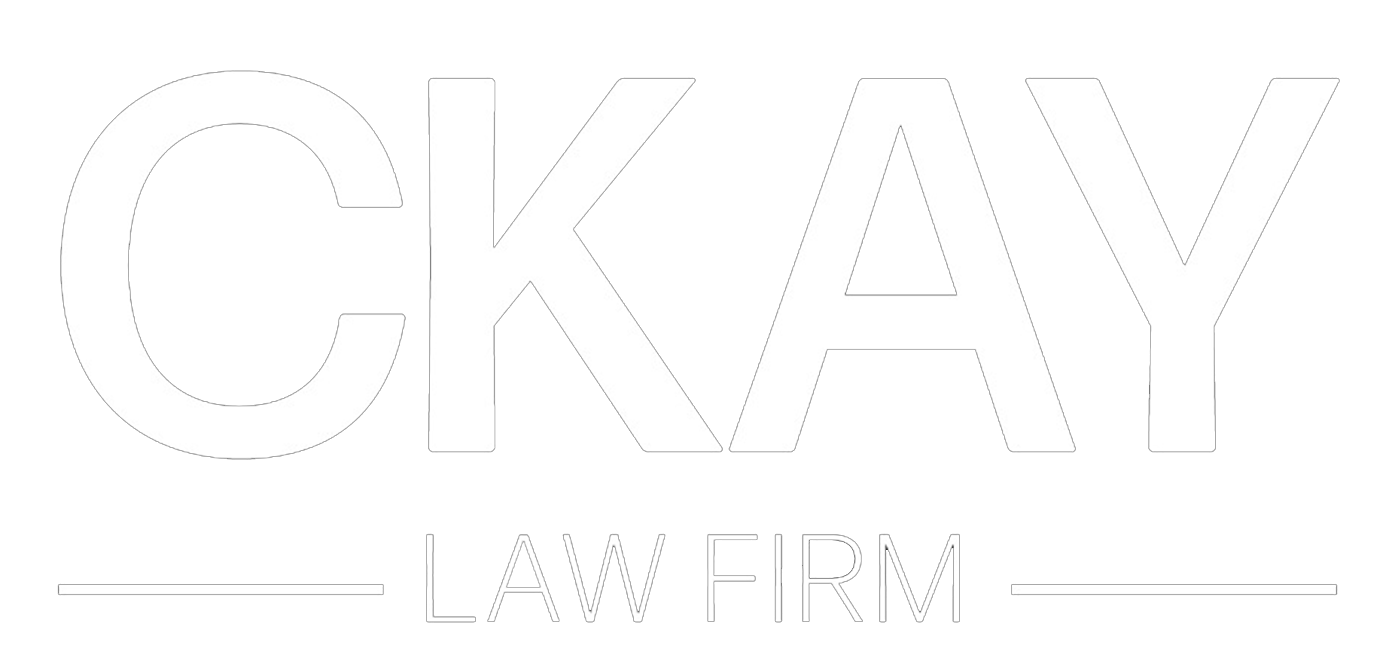
Explore Turkey’s strategic free trade agreements and their impact on economic growth, trade partnerships, and competitive global positioning.
The Rise of Free Trade Agreements and Their Importance in Global Markets
As global trade evolves, many nations find traditional trade regulations, especially those governed by the World Trade Organization (WTO), less equipped to address current needs. The limitations of a multilateral trade system have led to an increasing number of bilateral and regional trade agreements among nations. Free Trade Agreements (FTAs), especially, have surged in popularity, linking developed and emerging economies across continents. With expanded FTA networks, countries gain streamlined access to goods and services that foster economic growth, while nations outside these agreements are often left at a competitive disadvantage. This dynamic has prompted a worldwide push to establish robust FTA frameworks.
Turkey’s FTA Strategy in the Global Trade Landscape
Turkey, in alignment with international trade shifts and the requirements of its Customs Union with the European Union (EU), has adopted an ambitious FTA policy. Through agreements modeled after the EU’s frameworks, Turkey establishes FTAs designed to strengthen trade with neighboring countries and bolster competitiveness in European markets. Unlike other countries that merely mirror the EU’s FTAs, Turkey customizes its agreements to protect national interests, taking into account the country’s unique industrial, trade, and economic policies.
With these agreements, Turkey aims to foster growth in foreign trade, especially with neighboring nations, providing Turkish exporters a stronger foothold in EU markets. Turkey’s tailored approach allows it to negotiate with an eye toward its own economic sensitivities, ensuring that the agreements serve its strategic interests effectively.
Overview of Turkey’s Current Free Trade Agreements
Turkey has an extensive network of FTAs, covering partnerships across diverse regions. The country currently holds agreements with 23 nations, including major players like the United Kingdom (UK), South Korea, and Singapore, as well as numerous regional partners like Macedonia, Bosnia and Herzegovina, and Georgia. Additionally, Turkey has completed negotiations with Ukraine, Qatar, Sudan, and Lebanon, awaiting domestic ratification. Expansion protocols with key trading partners such as Serbia, Bosnia and Herzegovina, and Montenegro have entered into force, while updates to FTAs with other countries, including North Macedonia, Moldova, and the United Kingdom, are scheduled for 2024.
Negotiations with ten additional countries are also in progress. Talks with Japan and Indonesia have seen particular momentum while efforts continue to accelerate agreements with Latin American countries (Mexico, Peru, Colombia, Ecuador), MERCOSUR members, and partners within the Gulf Cooperation Council. With an eye on diversifying its FTA portfolio, Turkey has also signed Preferential Trade Agreements (TTAs) with Iran, Azerbaijan, Pakistan, and Uzbekistan, marking strategic moves to strengthen its regional influence. The latest addition, Uzbekistan, joined the FTA roster in 2023, and an expanded agreement with Azerbaijan is in the process of ratification.
Economic Impact of Turkey’s FTAs: Trade, Growth, and Stability
Turkey’s FTAs play a pivotal role in strengthening its economic structure and creating a competitive environment for its industries. By establishing FTAs, Turkey has bolstered its access to a diverse range of markets, allowing Turkish businesses to reduce their dependence on Western Europe and target growth in neighboring and peripheral regions. Turkish exporters, benefiting from these agreements, now enjoy competitive parity with their European counterparts in third-country markets. This facilitates an even playing field where Turkish firms can compete without facing prohibitive tariffs or restrictions, spurring growth in both established and emerging markets.
In addition to eliminating tariff and non-tariff barriers, Turkey’s FTAs contribute to the diversification of its export portfolio. By expanding the range of goods and services traded with partner countries, Turkey mitigates the risk associated with relying too heavily on specific products or regions. This approach has led to an increase in the volume and variety of exports, particularly benefiting Turkey’s manufacturing sector. The influx of foreign direct investment (FDI) into Turkey, spurred by these trade agreements, further underscores the FTAs’ positive impact on Turkey’s industrial competitiveness and global standing.
Strategic Goals and Priorities Under Turkey’s Free Trade Agreements
For Turkey, FTAs are not just about trade; they are critical components of its broader economic and geopolitical strategy. The agreements prioritize equitable access to target markets, especially in peripheral and neighboring countries, while reducing Turkey’s dependence on Western European economies. Turkey seeks to ensure that its exporters can operate on equal footing with EU-based businesses, a goal that reflects Turkey’s strategic alignment with European trade standards while retaining its national autonomy.
An essential objective of Turkey’s FTA policy is to promote market access for goods and services, ensuring a stable flow of trade that can absorb economic shocks. Through these agreements, Turkey aims to provide its industrialists with affordable inputs and enhance the value chain. FTAs enable Turkey to offer intermediate and finished products to its trading partners, fostering mutual growth and resilience in times of domestic economic slowdown. By prioritizing the expansion of service sector agreements, Turkey seeks to broaden the scope of its FTAs, thereby reinforcing its position in global markets.
Obligations Arising From The Customs Union With The EU
As part of its Customs Union with the EU, Turkey is bound by specific trade obligations. The 1996 Association Council Decision mandates Turkey to adopt preferential trade policies aligned with the EU’s Common Commercial Policy. Consequently, Turkey cannot independently sign FTAs with countries outside the EU’s preferential agreements, limiting its ability to establish standalone trade relations with nations not included in EU frameworks.
Due to these obligations, Turkey’s FTA strategy is often influenced by EU policies, which restrict Turkey from entering FTAs with non-EU-aligned countries. While this linkage provides Turkey with access to EU markets, it also complicates negotiations with nations that are hesitant to formalize trade relations with Turkey independently. For instance, negotiations with countries like Tunisia, Algeria, Egypt, Jordan, and Lebanon have experienced delays, highlighting the constraints posed by the Customs Union.
Despite these limitations, Turkey has made significant strides in strengthening its FTA network within the EU’s framework. Recent progress in Turkey-Morocco FTA discussions exemplifies the ongoing efforts to expand trade within the bounds of the Customs Union, promoting balanced and efficient trade relations with EU-aligned partners.
Structure and Functioning of Turkey’s Free Trade Agreements
Turkey’s FTAs are designed to operate under a framework rooted in reciprocity, mirroring the EU’s existing agreements to foster mutual benefit. These agreements outline the establishment of free trade areas based on WTO principles and often include a transition period for implementing trade provisions. FTAs with Turkey generally aim to eliminate tariffs on industrial goods, with phased tariff reductions on certain agricultural products and strategic trade items.
Upon the enactment of FTAs, Turkey eliminates customs duties on industrial goods, and gradual reduction schedules are applied for other products. The agreements also commit both parties to avoid imposing new quantitative restrictions, thus fostering an open, competitive trading environment. In agriculture, Turkey offers market access for select goods, often within quota limitations, while maintaining tax advantages that mirror EU concessions. Some agreements allow for the liberalization of trade in processed agricultural products, while fisheries, with limited exceptions, are typically excluded from FTA coverage.
FTAs further include clauses to uphold fair competition, intellectual property rights, and safeguard measures against trade imbalances. By establishing a Joint Committee to oversee the agreements, Turkey ensures that trade barriers are regularly reviewed and addressed, facilitating smooth and ongoing trade relations with its FTA partners.
Turkey’s Free Trade Agreements: a Catalyst for Growth and Collaboration
Turkey’s free trade agreements serve as powerful tools to deepen economic integration, promote cooperation, and eliminate trade barriers. As a result of these agreements, Turkey enjoys a strengthened position in international markets, with growing opportunities for trade and investment. The FTAs not only enhance trade volume but also create a foundation for long-term economic collaboration with partner countries, fostering mutual growth and stability.
By aligning its trade policies with those of the EU, Turkey has successfully positioned itself as a vital link between Europe and emerging markets. These agreements underscore Turkey’s commitment to building a resilient, diversified economy capable of navigating the complexities of global trade. Turkey’s FTA strategy illustrates a nuanced balance between compliance with EU regulations and the pursuit of national economic goals, ensuring that Turkey remains competitive and adaptable in a dynamic world economy.


